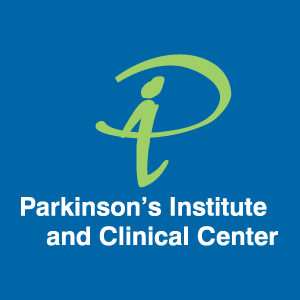Statins, including the drug simvastatin, are cholesterol-lowering medications typically prescribed by primary care physicians and cardiologists. They lower the body’s production of new cholesterol and can also reduce artery-clogging plaques in blood vessels, which lowers the chance of heart attack and stroke. They also act on other pathways that reduce the body’s cellular stress responses and inflammation. Inflammation, cellular stress, and related pathways may contribute to toxic protein build-up in Parkinson’s disease (PD). For many reasons, including its ability to reduce inflammation, scientists have studied whether statins can prevent or slow down Parkinson’s.
In the laboratory, statins show promise in protecting against Parkinson’s by reducing cell death and decreasing clumps of misfolded a-synuclein protein. But can statins protect against Parkinson’s in humans? Many population studies have looked at the link between statin use and PD risk. The results are mixed, which often happens when researchers study a complex question with many ways of looking at it and many variables to tease apart. For example, people with cardiovascular disease are more likely to get PD, but people with low cholesterol are also more likely to get PD. Simvastatin is currently under investigation in a two-year, phase 2 trial (PD STAT) to test its potential neuroprotective effect in Parkinson’s disease. The study is set to conclude next year, and we look forward to the results. The jury is still out. In the meantime, if you are considering the pros and cons of statin therapy, talk to you doctor; everyone’s circumstance is unique.

